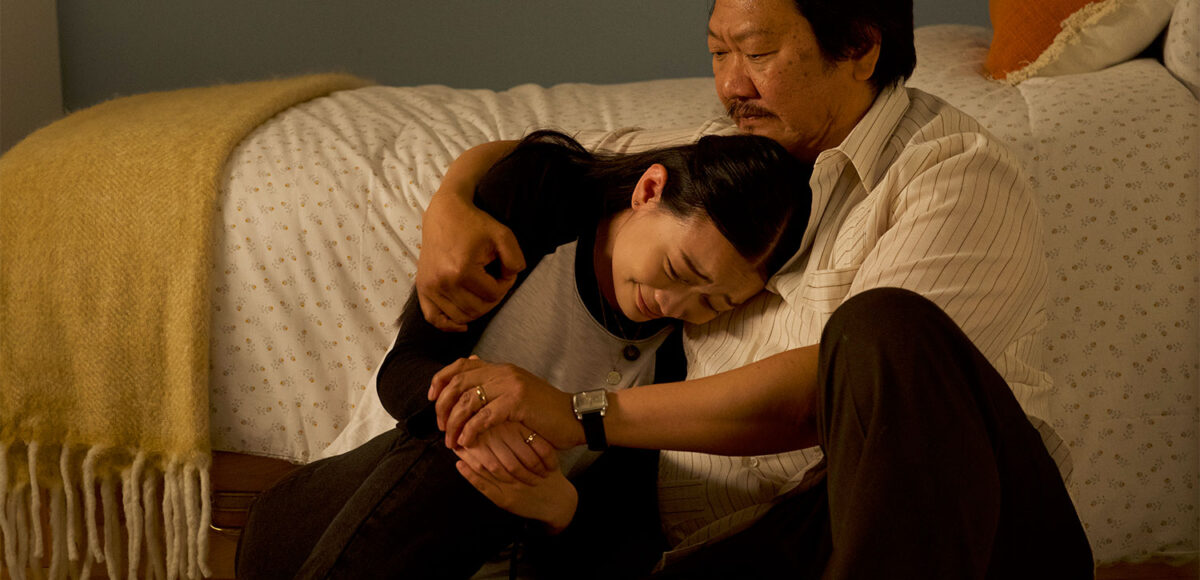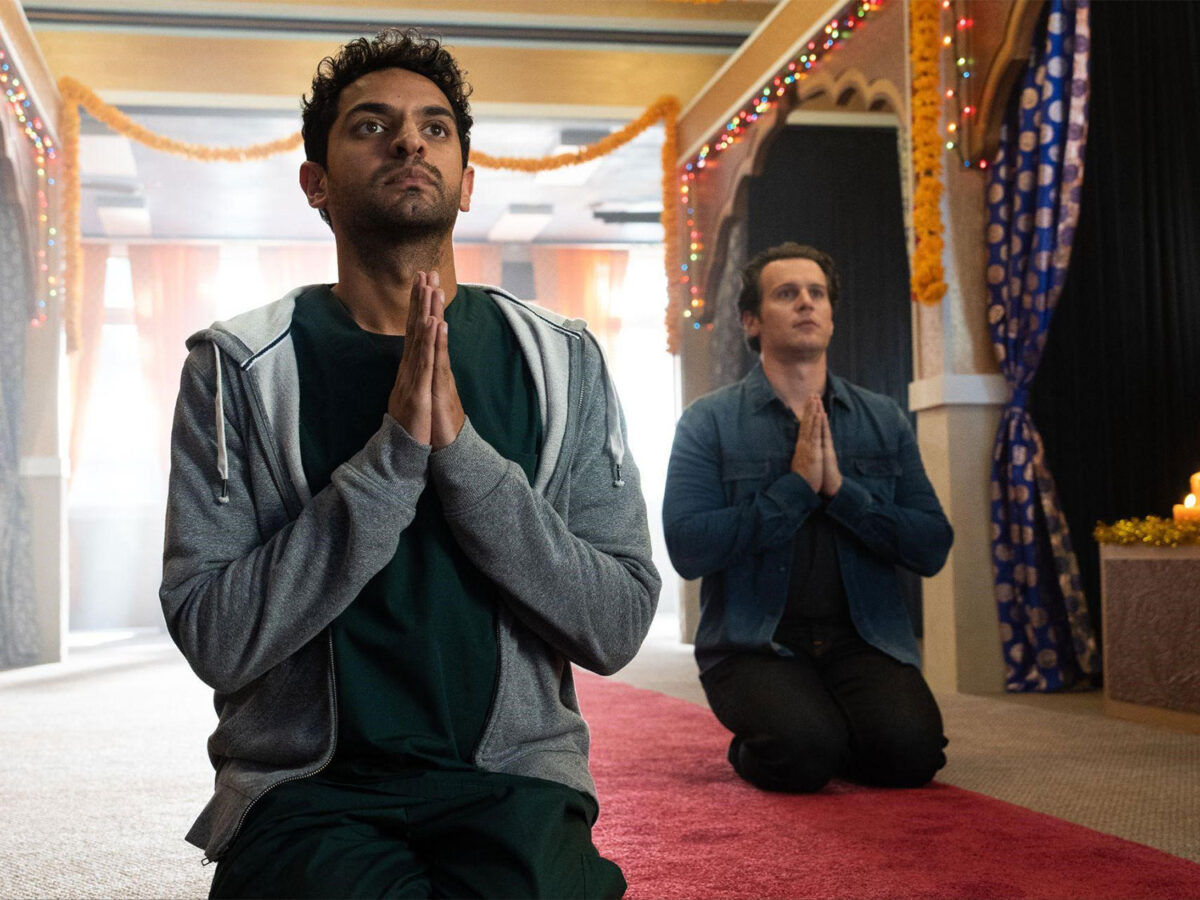This week, two different but equally worthy independent films open locally and on streaming platforms. Each presents protagonists that are too rarely seen on screen.
“The Silent Hour”
“The Silent Hour,” director Brad Anderson’s new thriller, has been done many times before, sometimes better, sometimes not. Working from a script by Dan Hall, the basic premise is about being outnumbered and outgunned and trying to survive a siege. This is generally the plot of almost any Bruce Willis “Die Hard” film, but particularly the Richard Donner-directed “16 Blocks” where a cop (Willis) past his expiration date is assigned to take a witness from police custody to the courthouse where he will testify against some bad guys. Both the cop and witness are considered expendable.
Detective Frank Shaw was a catastrophe waiting to happen. Running on too much testosterone, Shaw was in an avoidable accident while chasing a bad guy. A year later, he returns to work with a permanent hearing loss that affects his ability to function in the field. Tired of it all and hating his desk assignment, he is on the verge of retiring but first he has one last task. He and his former partner, now a member of the Vice Squad, are sent to take the statement of a witness to a gang killing of drug dealers. The hook? She’s deaf and the official interpreter is unavailable. The best they have to offer is Shaw who has been taking sign language classes (reluctantly and sporadically) but is far from fluent or at ease. But, as his partner explains, he’s all they have.
Arriving at the condemned and essentially empty building where Ava, the witness, lives, she reveals to them that she recorded the killing. Problem solved; or is it? The detectives go their separate ways and that’s when it gets dicey because Shaw has forgotten his phone in her apartment and must return. Arriving at her apartment, he discovers that she is under siege by the bad guys. Now it’s Ava and Shaw, relying on a combination of Ava’s lip reading and Shaw’s bad sign language against a whole team of bad guys. No cell service, no landlines, no access to help, all played out on screen in real time.
Yes, this has been done before but the stars of this film make it work. Joel Kinnaman as Shaw is not quite enough of a commanding presence, but he garners your sympathy. Deaf actress Sandra Mae Frank as Ava has enough presence to carry the two of them. Her strength as an actress makes you wonder why we see so few deaf actors on screen. Mark Strong as Shaw’s partner is always a welcome addition to any film as he is here. His brilliant support in movies as diverse as “1917” and the “Kingsman” franchise makes them stronger and more interesting. Mekhi Phifer as the chief bad guy proves once again that he is convincing on any side of the fence.
No, it’s not terribly original but it moves fast and works and that is better than most.
Opening Oct. 11 at the Laemmle Monica in Santa Monica and on digital platforms.
“Bad Genius”
“Bad Genius” is a difficult movie to categorize. It encompasses the tropes of entitlement, unlevel playing fields, revenge, cheating, coming of age and disloyalty, all within the backdrop of immorality with an “end justifies the means” rationalization. This film will mean different things to different people, but in the end it’s all about cheating and who wins and who loses. If you grab the power through illicit means, can you hold it?
Lynn is the daughter of a Chinese laundromat owner drowning in debt (literally and figuratively). Her mother, deceased, and father immigrated from China to find a better life. Lynn is a dazzlingly brilliant student who is offered a full scholarship to the best prep school in Seattle. The school needs diversity and she needs access to everything the school has to offer. She and fellow scholarship student Bank, from Nigeria, view the deal as win-win. The school gets to pretend it’s something other than what it is, the repository of the sons and daughters of the obscenely wealthy, and Lynn and Bank get a foot in the door to the very best universities where they might not have had access otherwise.
Soon Lynn is befriended by all the cool kids with grade problems. Because her father is suffering financially, she feels pressure to help him, even though it’s the last thing he would ever have wanted. Her new, very entitled friends, beg her for help on their homework and exams. She rationalizes the price of her services as a necessary college trust fund provided by those with actual college trust funds. Incredibly inventive, her grade enhancement programs, cheating schemes by any other name, are brilliant and attract enough subscribers to fund her Julliard auditions, eventually enlisting the help of the other brainiac scholarship student, Bank.
Although somewhat repetitive from scene to scene, the underlying rationale is amoral, something the director J.C. Lee ignores. Based on the Thai film of the same name, “Bad Genius” does illustrate so many of the ways the system is fixed against the poor but worthy; but, one might add, cheating isn’t the way out. The students are all stereotypes, the brilliant Asian girl, the poor Nigerian boy supported by a single mother, the cool girl, the cool girl’s lunk head of a boyfriend who has to get into Columbia at all costs or his father will take away his trust fund, and on and on it goes with the other rich students living in mansions with swimming pools and servants, I mean staff.
But, and this is an important “but,” as stereotypical as the dilemmas are and as immoral as the actions by the poor but justified may be, “Bad Genius” is worth a view, if only for its killer (no, no one gets killed) ending.
The cast is outstanding, making the most of their stereotypical characters, led by Callina Liang as Lynn. Somehow Liang is able to pull the viewer back to her side of the equation. Her character wants to go to Julliard and her father is insistent that she go to MIT. Liang is able to make her calculating character straddle both sides of that fence successfully. The ringer in the cast is the always amazing Benedict Wong as her father Meng Kang. Wong has a resumé as long as your arm, running the gamut from “The Personal History of David Copperfield,” “Doctor Strange” and “The Martian.” He delicately reveals the conflicts of a man who wants more for his child than he can possibly provide. Jabri Banks as Bank is the moral high ground of the film until he slips, briefly, into the mud. Taylor Hickson plays Grace, Lynn’s erstwhile best friend, and Samuel Braun as Grace’s rich boyfriend Pat, never rise above the stereotypes of the dim, supposedly well-intentioned narcissists that you’ve seen before.
Even without much character development and a tendency to hammer home plot lines to the point of headaches, the film works. There is tension, risk, stakes and, again, that killer ending.
“Bad Genius,” at slightly over 90 minutes, is worth a view.
Opening Oct. 11 at the Lumiere Music Hall in Beverly Hills with a day and date streaming release on digital platforms.
Neely Swanson spent most of her professional career in the television industry, almost all of it working for David E. Kelley. In her last full-time position as Executive Vice President of Development, she reviewed writer submissions and targeted content for adaptation. As she has often said, she did book reports for a living. For several years she was a freelance writer for “Written By,” the magazine of the WGA West, and was adjunct faculty at USC in the writing division of the School of Cinematic Arts. Neely has been writing film and television reviews for the “Easy Reader” for more than 10 years. Her past reviews can be read on Rotten Tomatoes where she is a tomato-approved critic.







